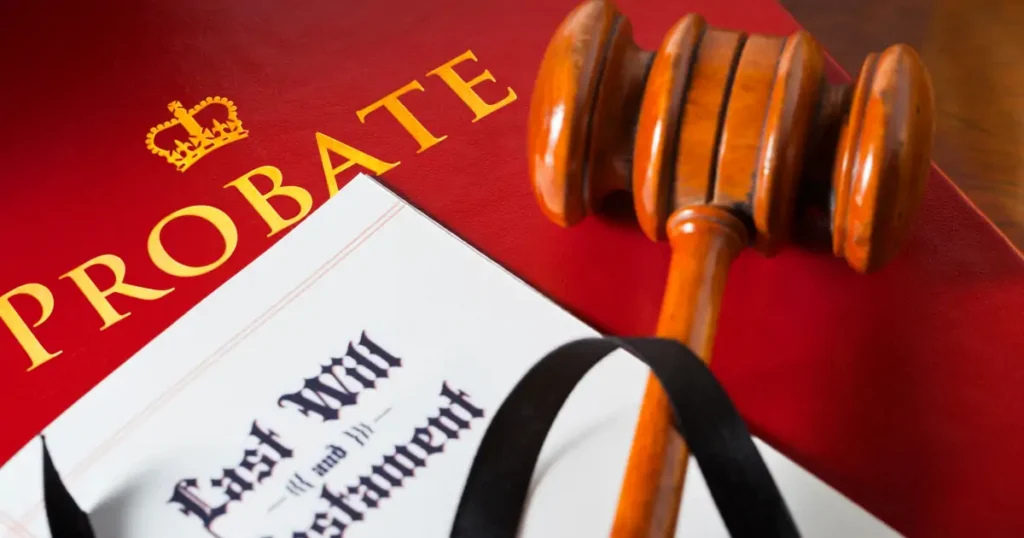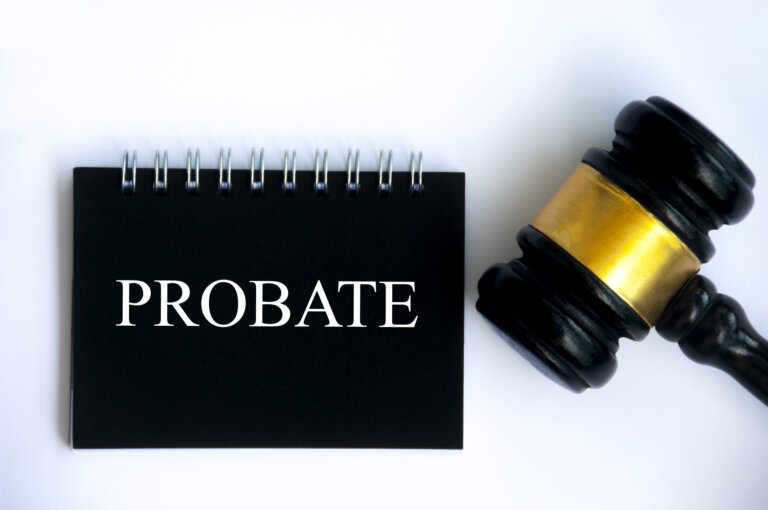Understanding the Texas Probate Process: A Step-by-Step Guide
The Texas probate process can be complex and daunting for many individuals. This guide aims to simplify the steps involved in probating a will, from filing the necessary documents to finalizing the estate distribution. Understanding these steps can empower individuals to navigate the legal landscape more effectively.
In Texas, the probate process typically begins with the filing of the will and an application for probate in the appropriate court. Key documents required include the original will, a death certificate, and an application for letters testamentary. Each step, including notice to beneficiaries and creditors, plays a crucial role in ensuring that the estate is settled according to the decedent's wishes.
Common Challenges in Probate: How to Overcome Legal Hurdles
Probate can present various challenges, including disputes among heirs, creditor claims, and issues related to the validity of the will. These challenges can complicate the probate process and delay the distribution of assets. Understanding these potential hurdles is essential for anyone involved in probate.
For instance, disputes may arise when family members contest the will, claiming undue influence or lack of capacity at the time of signing. Additionally, creditors may challenge the estate for unpaid debts, complicating the settlement process. Seeking legal guidance can help navigate these challenges and facilitate a smoother resolution.
Estate Planning Essentials: Preparing for the Future
Effective estate planning is crucial for ensuring that your assets are distributed according to your wishes after your passing. This involves creating a comprehensive plan that includes wills, trusts, and other legal documents that outline your desires for asset distribution, guardianship of minor children, and more.
In Texas, estate planning can help minimize taxes and legal complications for your heirs. Engaging with an experienced attorney can provide insights into the best strategies for your specific situation, ensuring that your estate plan reflects your wishes and protects your loved ones.
What to Expect During the Probate Timeline: Key Milestones
The probate timeline can vary significantly depending on the complexity of the estate and any disputes that may arise. Understanding the key milestones in this timeline can help beneficiaries and executors manage their expectations and plan accordingly.
Typically, the probate process can take anywhere from a few months to over a year. Key milestones include the initial filing of the will, the court's approval to proceed with probate, the inventory of the estate, and the final distribution of assets. Being aware of these stages can help all parties involved stay informed and engaged throughout the process.
Understanding the Texas Probate Process: A Step-by-Step Guide
The Texas probate process can be complex and daunting for many individuals. This guide aims to simplify the steps involved in probating a will, from filing the necessary documents to finalizing the estate distribution. Understanding these steps can empower individuals to navigate the legal landscape more effectively.
In Texas, the probate process typically begins with the filing of the will and an application for probate in the appropriate court. Key documents required include the original will, a death certificate, and an application for letters testamentary. Each step, including notice to beneficiaries and creditors, plays a crucial role in ensuring that the estate is settled according to the decedent's wishes.
Common Challenges in Probate: How to Overcome Legal Hurdles
Probate can present various challenges, including disputes among heirs, creditor claims, and issues related to the validity of the will. These challenges can complicate the probate process and delay the distribution of assets. Understanding these potential hurdles is essential for anyone involved in probate.
For instance, disputes may arise when family members contest the will, claiming undue influence or lack of capacity at the time of signing. Additionally, creditors may challenge the estate for unpaid debts, complicating the settlement process. Seeking legal guidance can help navigate these challenges and facilitate a smoother resolution.
Estate Planning Essentials: Preparing for the Future
Effective estate planning is crucial for ensuring that your assets are distributed according to your wishes after your passing. This involves creating a comprehensive plan that includes wills, trusts, and other legal documents that outline your desires for asset distribution, guardianship of minor children, and more.
In Texas, estate planning can help minimize taxes and legal complications for your heirs. Engaging with an experienced attorney can provide insights into the best strategies for your specific situation, ensuring that your estate plan reflects your wishes and protects your loved ones.
What to Expect During the Probate Timeline: Key Milestones
The probate timeline can vary significantly depending on the complexity of the estate and any disputes that may arise. Understanding the key milestones in this timeline can help beneficiaries and executors manage their expectations and plan accordingly.
Typically, the probate process can take anywhere from a few months to over a year. Key milestones include the initial filing of the will, the court's approval to proceed with probate, the inventory of the estate, and the final distribution of assets. Being aware of these stages can help all parties involved stay informed and engaged throughout the process.









